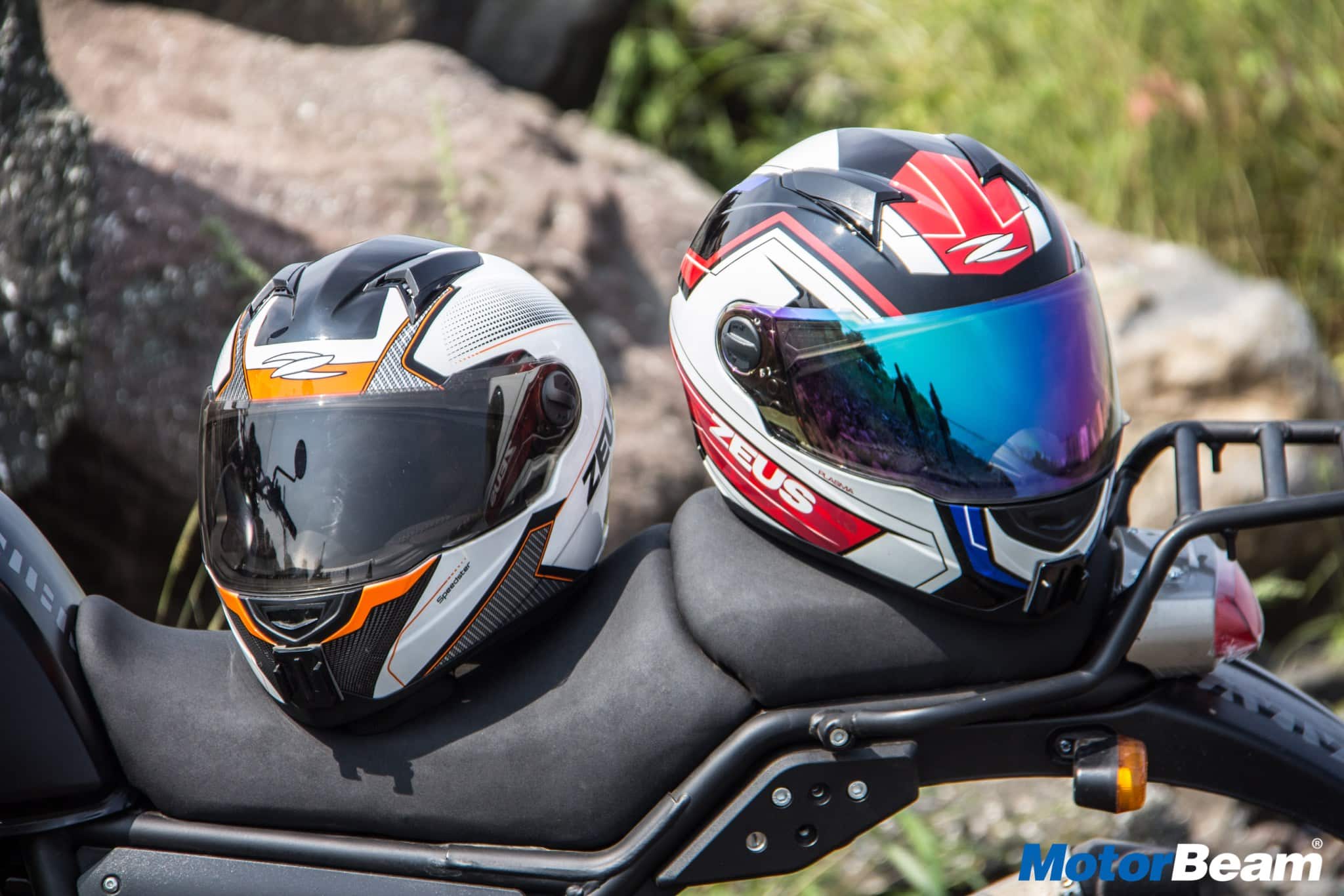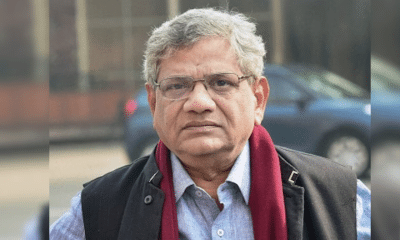Auto
Government bans non-BIS two-wheeler helmet, violation to be treated as offence
The government has banned, to be effective from June 1, the manufacturing and selling of non-BIS two wheeler helmet. This is an effort to ensure safety and prevent head injuries. As such, the road transport ministry notified the quality control order for two-wheeler helmets to ensure that only safe headgears, also called helmet vaccine for head injuries, are made and sold in India.
The road transport ministry had been working on this proposal for mandatory certification. In July, it had released a notification laying down new norms for two-wheeler helmets under which all helmets will require ISI certification and the 1.2 kg weight limit had been dropped.
Rajeev Kapur, Two-Wheeler Helmet Manufacturers Association President, highlighted that about 40 per cent out of the two lakh helmets sold daily in India don’t comply with the standard or are spurious. “In most of the cases, the two-wheeler riders simply wear plastic caps, which are as unsafe as not wearing a helmet,” he said. “The new norm will save hundreds of lives and more because of stricter enforcement of traffic rules.”
Also Read: e-mobility pilot: Hitachi ABB Power, Ashok Leyland and IIT Madras team up
Dr Amit Gupta, Prof. Trauma Surgery at AIIMS, welcomed the government’s initiative. He said about 45 per cent of the road traffic injuries are head injuries and out of these head injuries, 30 per cent are severe traumatic brain injuries, which can lead to death or disability. Dr Gupta pointed out that even moderate or mild head injuries have serious implications like memory loss. Moreover, KK Kapila, former president of International Road Federation, said the ban on non-standard helmets has become more important considering that post-COVID more people are expected to have shifted to two-wheelers from using public transport. Kapila agreed that enforcing helmet rules and bringing helmets under quality control is the most effective approach to reduce deaths of two-wheeler motorists.
Various reports state that 43,600 out of 56,000 two-wheeler riders, in 2019, were killed for not wearing helmets. At the time of the unfortunate accident if the rider is wearing a sub-standard helmet, it can crash and enter the head causing brain hemorrhage that can prove to be fatal.








































